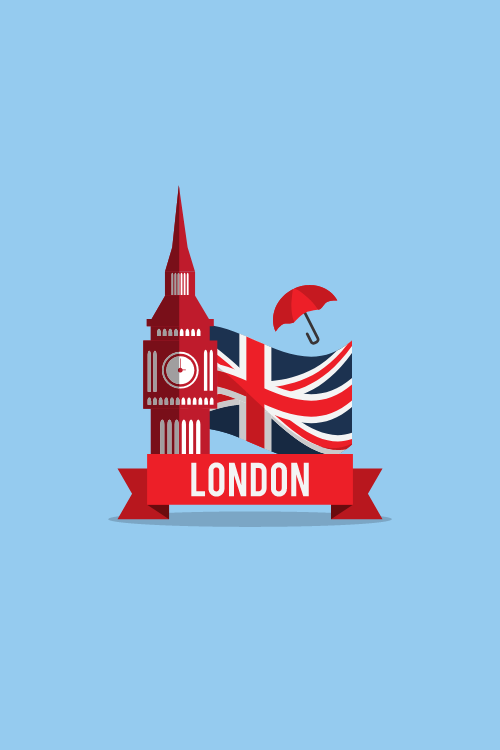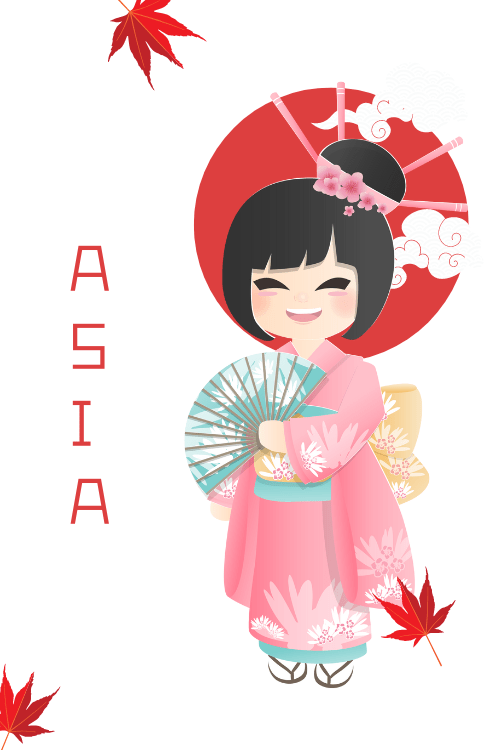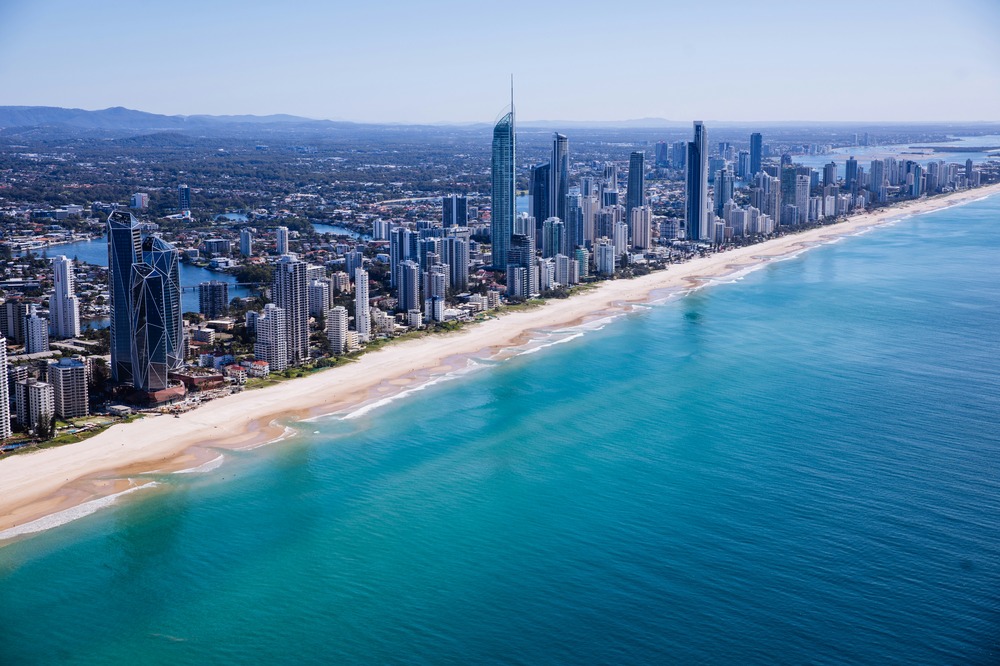eSIM Australia
Best Time to Visit Gold Coast
Planning a Gold Coast getaway?
While this sunny paradise welcomes visitors year-round, timing your trip right can make a big difference to your experience.
The Gold Coast is located in Queensland, Australia about an hour out of Brisbane.
The Gold Coast’s sunshine is like no other and maintains warm temperatures throughout the year, typically hovering between 25-28°C.
This consistent climate makes it a hit with beach enthusiasts and theme park visitors alike.
Your ideal timing will depend on your priorities – whether you’re looking to avoid crowds, score better deals, or catch specific events.
In this guide you’ll find out the best time of year to visit the Gold Coast based on your specific needs.
Thanks for visiting our blog, are you planning to travel to Sydney? Check out our Australia eSIM. Get mobile data without physical SIM cards or paying for global roaming.
Weather On The Gold Coast
The Gold Coast’s subtropical climate means you can visit any time and still enjoy outdoor activities.
Summer runs from December to February, with the average temperature ranging from 21-28.4°C. While humidity can reach 75%, the coastal breeze keeps things comfortable. Rain here has a distinctive pattern – it tends to pour heavily but briefly, with sunshine quickly returning.
Autumn (March to May) brings some of the most pleasant weather, with sunny days and cooler nights. Temperatures sit comfortably between 18-25.7°C, perfect for exploring the area or hitting the beach.
Winter months (June to August) stay surprisingly mild. You’ll experience temperatures between 12.5-21.5°C, with clear, dry days despite cooler nights. This makes winter ideal for outdoor adventures without the summer heat.
Spring (September to November) sees temperatures warm up to between 16.9-25.4°C. The combination of sunny days and mild evenings creates ideal conditions for both beach time and outdoor activities.
A standout feature of the Gold Coast is its consistently comfortable ocean temperature throughout the year. This means swimming, surfing, and water sports remain enjoyable options regardless of the season – even during the milder winter months.
Remember, each season offers its own unique advantages. Summer brings vibrant energy and warm nights, autumn offers comfortable temperatures and fewer tourists, winter provides clear skies and better deals, while spring delivers perfect beach weather before the summer crowds arrive.
| Month | Average High (°C) | Average Low (°C) | Average Rainfall (mm) |
|---|---|---|---|
| January | 29 | 22 | 178 |
| February | 29 | 22 | 191 |
| March | 28 | 20 | 203 |
| April | 26 | 18 | 139 |
| May | 24 | 16 | 132 |
| June | 22 | 14 | 97 |
| July | 20 | 13 | 76 |
| August | 22 | 13 | 56 |
| September | 24 | 15 | 59 |
| October | 26 | 16 | 87 |
| November | 28 | 19 | 104 |
| December | 29 | 20 | 134 |
Peak Tourist Seasons
While the Gold Coast enjoys a steady stream of visitors year-round, certain periods see a surge in tourist activity. The Australian summer (December to February) coincides with school holidays, making it a popular time for families to visit. However, it’s important to note that April to June is also considered a peak period due to the exceptionally pleasant weather.
If you’re seeking a more tranquil experience with fewer crowds, consider visiting during the shoulder seasons (March-May and September-November) or the winter months (June-August). Keep in mind that November and December see an influx of school leavers celebrating “Schoolies,” a period of intense revelry that can significantly increase crowds and prices.
Accommodation
Accommodation options on the Gold Coast are as diverse as its attractions, ranging from budget-friendly hostels to luxurious beachfront resorts.
During peak seasons (December to February and April to June), especially during school holidays and “Schoolies,” accommodation prices tend to be higher and availability can be limited. It’s crucial to book your accommodation well in advance, especially if you’re traveling during these busy periods.
Events and Festivals
The Gold Coast’s event calendar is packed with exciting happenings throughout the year. Here’s a glimpse of what’s on offer:
Sporting Events:
- The Star Gold Coast Magic Millions Carnival (January): This prestigious horse racing event draws international attention with its high-stakes races, glamorous fashion, and lively entertainment.
- Coolangatta Gold (October): This grueling endurance race tests athletes’ skills in swimming, running, paddle boarding, and surf skiing, making for a thrilling spectacle.
- Supercars Boost Mobile Gold Coast 500 (October): Experience the adrenaline rush of Supercars racing through the streets of Surfers Paradise in this action-packed motorsport event.
- Pan Pacific Masters Games (November): This celebration of master sports brings together athletes from around the globe to compete in over 40 sports, fostering a spirit of camaraderie and competition.
Music Festivals:
- Groundwater Country Music Festival (October): Immerse yourself in the world of country music with live performances from some of the biggest names in the industry.
Cultural Festivals:
- Gold Coast Film Festival (April): This festival showcases a diverse range of films, from premieres and documentaries to short films, offering something for every film enthusiast.
- BLEACH Festival (August):* This vibrant arts festival celebrates the Gold Coast’s creative spirit with an eclectic mix of events, performances, and workshops, showcasing the region’s cultural dynamism.
Activities and Attractions
The Gold Coast welcomes visitors year-round, but choosing the right time can significantly impact your experience. While most travel guides focus solely on peak seasons, understanding the subtle variations throughout the year helps you make a more informed decision.
Let’s break down what you can actually expect each season:
Summer (December-February)
The reality of summer here is interesting – temperatures range from 21-28.4°C, and while humidity hits around 75%, it’s more comfortable than you might expect thanks to consistent coastal winds. A quirky aspect of summer weather is the rain pattern: intense but brief downpours that quickly clear up, rarely disrupting plans for more than an hour or two. Important to note: this is peak tourist season, so expect higher prices and fuller beaches.
Autumn (March-May)
Ask any local, and they’ll likely tell you this is their favorite time of year. Temperatures settle between 18-25.7°C, creating ideal conditions for both beach time and exploring. The crowds thin out significantly after Easter, and you’ll find better deals on accommodation. The water remains warm enough for swimming, but you’ll have more space to yourself on the beach.
Winter (June-August)
Don’t let the word “winter” put you off – it’s surprisingly mild here, with temperatures between 12.5-21.5°C. The days are typically clear and dry, making it perfect for outdoor activities without the summer heat. An unexpected bonus: winter often offers the best visibility for whale watching, and you’ll find the best hotel rates during this period.
Spring (September-November)
As temperatures climb from 16.9-25.4°C, spring offers a sweet spot before the summer rush. The water warms up nicely, and you’ll notice fewer tourists than in peak season but better weather than winter. Many locals consider this the best time for outdoor activities like hiking in the hinterland or trying water sports.
Ocean Temperature Factor
One significant advantage of the Gold Coast is the water temperature – it stays surprisingly comfortable throughout the year. Even in winter, you can swim without a wetsuit, although some early-morning surfers might opt for one.
Practical Considerations:
– School holidays (particularly December-January) bring larger crowds and higher prices
– Shoulder seasons (autumn and spring) typically offer the best value for money
– Major events like the Gold Coast 500 and schoolies week can affect accommodation availability and prices
– Winter offers the lowest rates but still provides plenty of sunny days for outdoor activities
Each season here is viable for a visit – it just depends on your priorities. If you’re looking to maximize your budget, winter’s your best bet. Want perfect weather without peak crowds? Aim for autumn or spring. And if you don’t mind paying more for that classic summer beach experience, December through February won’t disappoint.
This version maintains a natural, conversational tone while focusing on practical information and real experiences rather than flowery language. It includes specific details and insights that demonstrate local knowledge, making it both authentic and useful.
Best Time to Visit for Different Interests
Beach Lovers:The shoulder seasons (March-May and September-November) offer the perfect blend of warm weather, sunshine, and smaller crowds, making it an ideal time to enjoy the Gold Coast’s beaches.
Surfers:While the Gold Coast offers decent waves year-round, the winter months (June-August) generally bring the most consistent swells, attracting surfers from all over.
Families:The shoulder seasons (March-May and September-November) are a great choice for families, as the weather is pleasant and the theme parks are less crowded, allowing for a more enjoyable experience.
Hikers and Nature Enthusiasts:Autumn (March-May) and spring (September-November) provide the most comfortable temperatures for exploring the Gold Coast Hinterland’s hiking trails and natural wonders.
Budget Travelers: If you’re looking for the best deals on flights and accommodation, consider visiting during the winter months (June-August) or the period from November to April (excluding Christmas and New Year). Autumn (March-May) also offers a sweet spot with pleasant weather and lower prices.
Related Articles
- Best Time to Visit Adelaide
- The Best Time to Visit Brisbane Australia
- Is eSIM Available in Australia?
- Best Time to Visit Gold Coast
- Best Time to Visit Melbourne
- The Best Time to Visit Perth
- The Best Time To Visit Sydney Australia
- Which Carriers Support eSIM In Australia Quick Guide
- Should I Get an eSIM for Australia in 2024?
- How Does eSIM Work in Australia?
- Does eSIM Exist In Australia? Everything You Need To Know
- Can You Get Prepaid eSIM in Australia?
- Which eSIM is best for travel to Australia?
- Is eSIM Available in Australia in 2024?







